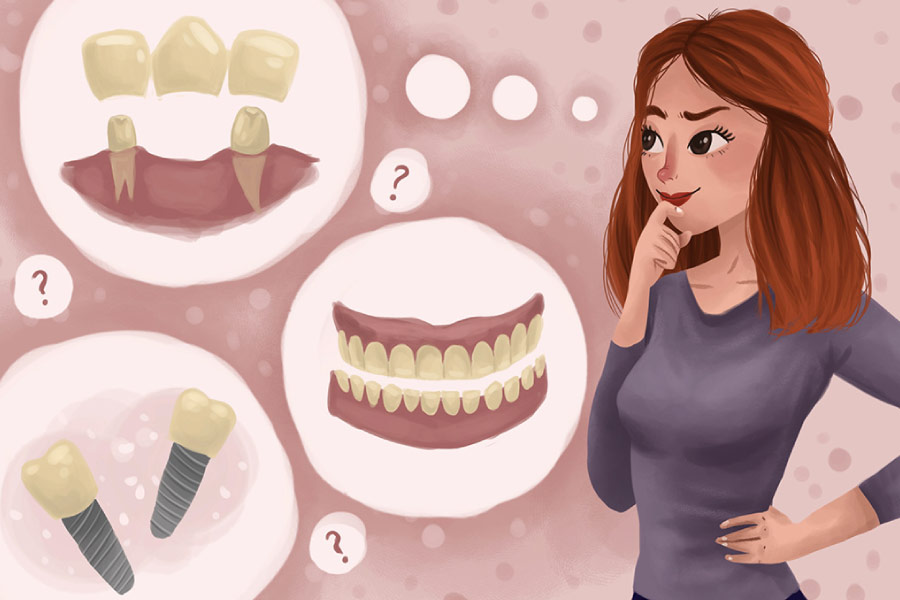
Dental Abscesses: Understanding, Treating, and Preventing Tooth Infections
May 27, 2023
Dental abscesses are painful and potentially harmful infections that can affect the teeth and surrounding tissues. Recognizing the symptoms, seeking prompt treatment, and adopting preventive measures are essential for maintaining optimal oral health. In this blog, we will delve into dental abscesses, exploring their causes, symptoms, treatment options, and preventive measures to help you understand and effectively manage this condition.
What is a Dental Abscess?
A dental abscess is a localised infection that forms around the root of a tooth or in the surrounding gum tissue. It typically occurs due to bacterial contamination resulting from untreated cavities, gum disease, or dental trauma. The infection can lead to severe pain, swelling, and discomfort.
Recognising the Symptoms
Common symptoms of dental abscesses include:
- Intense toothache
- Sensitivity to hot and cold temperatures
- Swelling of the face or gums
- Fever
- Foul taste or odour in the mouth
Types of Dental Abscesses
- Dental abscesses can be categorised into three main types:
- Periapical Abscess: Located at the tip of the tooth root and caused by an infected tooth nerve.
- Periodontal Abscess: Associated with advanced gum disease and occurs in the gums.
- Gingival Abscess: Develops in the gum tissue without affecting the tooth or tooth root.
Treatment Options
Seeking professional dental care is crucial for the treatment of dental abscesses. Dental treatment options may include:
- Drainage: The abscess is drained to alleviate pain and promote healing.
- Root Canal Treatment: If the abscess is associated with an infected tooth nerve, a root canal procedure may be performed to remove the infection and save the tooth.
- Antibiotics: Prescribed to control the infection and prevent its spread.
- Tooth Extraction: In severe cases where the tooth is extensively damaged or non-restorable, extraction may be necessary.
Preventive Measures
Prevention plays a vital role in avoiding dental abscesses. Implement the following preventive measures:
- Maintain good oral hygiene: Brush your teeth at least twice a day, floss daily, and use an antibacterial mouthwash.
- Schedule regular dental check-ups: Regular visits to your dentist enable early detection and treatment of dental issues before they escalate.
- Address cavities and gum disease promptly: Seek timely dental treatment for cavities and gum disease to prevent the development of abscesses.
- Protect against dental trauma: Wear mouthguards during sports activities and avoid using your teeth as tools.
Dental abscesses are painful infections that require professional dental care. Understanding the causes, recognizing the symptoms, and seeking prompt treatment are vital for preventing complications and preserving oral health. By maintaining good oral hygiene, scheduling regular dental check-ups, and addressing dental issues promptly, you can significantly reduce the risk of dental abscesses. Remember, your dentist is your partner in maintaining a healthy smile, so consult them for personalised advice and treatment to prevent and manage dental abscesses effectively.
Here Are Some Relevant Pieces You Can Read About Dental Implants
- Hot Drinks After Dental Implant
- What Are Some Alternatives To Dental Implants
- How Long Does A Dental Implant Procedure Take
- Are Full Mouth Dental Implants A Good Idea
- Do all on four dental implants look natural?
- Dental Implants How It Works And What To Expect
- Dental Implant Surgery Recovery All You Need To Know
- 7 Questions To Ask Your Dentist Before Getting Dental Implants
- Dental Implants All You Need To Know

 Head Office - UK - Unit 1 B 132 Weyhill Road, Andover, Hampshire England, SP10 2PR.
Head Office - UK - Unit 1 B 132 Weyhill Road, Andover, Hampshire England, SP10 2PR. 








